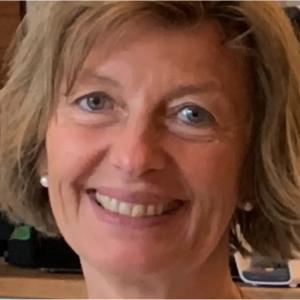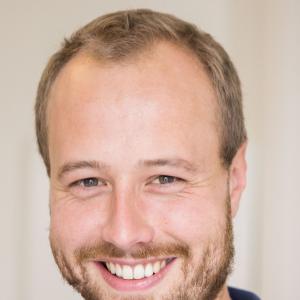Norwegian Psychomotor Physiotherapy (NPMP)
Basic education for physiotherapists
This basic education in NPMP contributes to the professionalization of physiotherapists in accordance with the competency profile for mental health physiotherapy in Austria.
Psychosocial burdens and mental health problems are increasing in our society. Persistent stress and strain, demanding and traumatising life experiences, as well as disease and injuries affect our bodies and the way we move, express, and experience ourselves. Overload causes sufferings that are often experienced in bodily ways, and frequently lead people to physiotherapy. Consequently, physiotherapists are confronted with the increased muscle tension, the unspecific pain, and the somatically unexplained symptoms many patients suffer from. Such conditions are challenging to understand and treat, both in general and specialized clinical practices.
Norwegian Psychomotor Physiotherapy (NPMP) is developed from clinical practice in both orthopaedics and psychiatry. It is a well-established physiotherapy approach in Norway, supported by evidence and experience-based knowledge which has grown over many years. The underlying assumptions of this approach underpin that the muscular functions of posture, movement and breathing express how a person has coped with challenges and emotional overload in life. Life history and current circumstances will influence resources and limitations in the bodily organism as a whole.
NPMP is a treatment approach suitable in all clinical fields where physiotherapists address muscular tension, breathing problems, long-lasting and/or complex unexplained musculoskeletal pain, anxiety, psychosomatic disorders, and fatigue in their patients.
Treatment is based on functional assessment of the dynamic between stability and mobility, how this effects breathing, and the possibilities for adjustment and change. The approach is continuously adapted to how the patient responds and reacts, and how life circumstances allow for changes in bodily tension patterns. Local symptoms are always understood in light of the tension pattern as a whole.
This basic education gives a profound introduction and clinical competence for physiotherapists to work with NPMP. It comprises four meetings in Vienna including practical and theoretical lessons, supervision, and individual treatment sessions. The individual treatment is crucial to get a deeper and bodily understanding of NPMP. During the whole period of the education, guided self-studies in small colloquium groups promote a continuous practical and theoretical learning process. For detailed information on the content, please see below.
To receive a certificate after the education, the participants demonstrate an individual treatment session and discuss their approach and reasoning with the course leaders. This practical exam is followed by a theoretical exam, which is a written paper in English or German. It comprises the description of a case from clinical practice in combination with a theoretical perspective on NPMP.
Overview of content
This basic education in NPMP comprises 13 course days, 6 individual treatment sessions, 26 hours of group supervision and 100 hours of guided self-studies, individually and in colloquial groups. It concludes with a practical and written exam and a certificate describing clinical competency in NPMP.
The education is organized in four gatherings in Vienna and online activities in between. The gatherings in Vienna are scheduled as followed:
First gathering: 01.-06.06.2026
Second gathering: 02.-05.11.2026
Third gathering: 21.-27.01.2027
Fourth gathering: 07.-12.05.2027
In this document, you find more information about all elements of the education and the detailed time table.
Detailed content
In this document, you find more information about the detailed content and the description of all education elements.
Instructors: Randi Sviland, PhD and Tove Dragesund, PhD
Assistance: Stefan Perner, MSc

Randi Sviland, PhD
Mehr lesen zu Randi Sviland, PhD
Tove Dragesund, PhD
Mehr lesen zu Tove Dragesund, PhD
Stefan Perner, BA BSc Msc
Mehr lesen zu Stefan Perner, BA BSc MscThe course language is English. Das Seminar wird in englischer Sprache abgehalten.